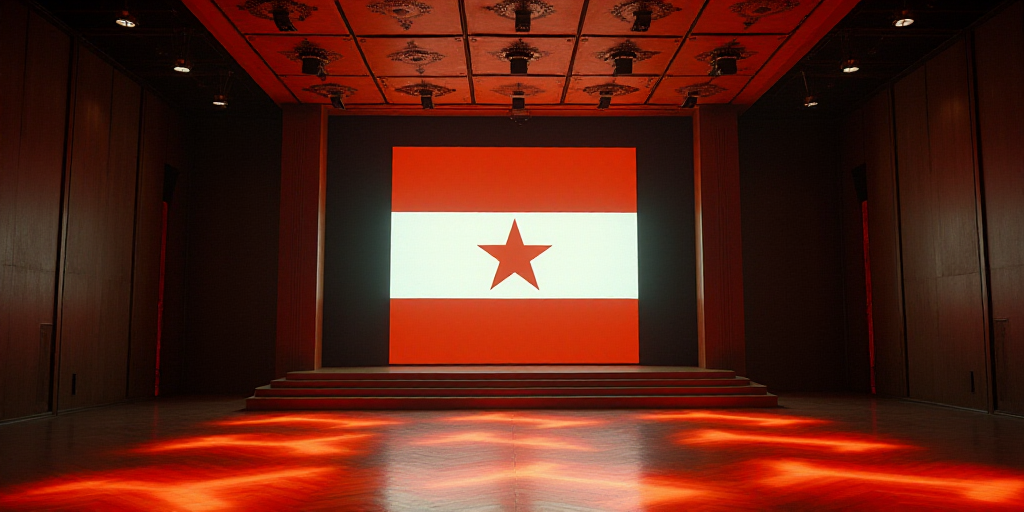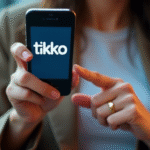Legislative Action and Key Details
In a unanimous vote, the Mexican Chamber of Deputies approved amendments to the Ley General de Salud (General Health Law) to prohibit the sale and supply of energy drinks to individuals under 18 years old in commercial and mercantile establishments. The amendments include adding a new fraction to Article 215, introducing Article 216 Ter, and reforming Article 419 of the General Health Law. Violators will face penalties as outlined in Article 419, which includes fines of up to two thousand times the Unit of Measure and Update (UMAC), equivalent to 226,280 pesos.
Content of the Amendments
- Definition of energy drinks as non-alcoholic beverages containing caffeine and taurine or glucoronolactone, or thiamine and other substances that produce stimulating effects similar to those of energy drinks, as determined by the Secretary of Health according to the Mexican Official Norm.
- The Secretary of Health will establish different categories of energy drinks in the Mexican Official Norm to categorize those that require consumption restrictions for certain populations, specific health alerts, or limitations on advertising and commercialization.
- The Secretariats of Health, Education Publica, and the General Health Council will develop informational campaigns about the risks of energy drink consumption in minors and vulnerable groups within 12 months of the decree’s entry into force.
Health Concerns and Publicity Issues
The amendment highlights the significant increase in energy drink consumption over recent years, driven by targeted advertising towards young people and easy access to these products. These beverages contain high levels of caffeine, sugars, and other additives that can alter nervous system activity, posing health risks when consumed regularly. These risks include cardiovascular and metabolic disorders, neurological and psychological issues like anxiety, insomnia, convulsions, and alucinaciones; metabolic alterations such as obesity, insulin resistance, type 2 diabetes, and renal, dental, and gastrointestinal damage.
Moreover, the risks are exacerbated when energy drinks are combined with alcohol or consumed during intense physical activity, a common practice among teenagers. The World Health Organization (WHO) has warned about the dangers of excessive sugar and caffeine consumption, advising limited intake, especially among minors.
Publicity Concerns and Legislative Debate
During the discussion of this decree, Deputy Amancay González Franco (MC) acknowledged the potential for a black market if product prohibition is enforced. She emphasized the need to regulate misleading advertising that encourages irresponsible consumption, along with requiring clear communication about product usage and consequences by manufacturers.
Deputy José Iñiguez Franco (PAN) pointed out aggressive advertising targeting minors that capitalizes on the lack of regulation, linking energy drinks to high-performance sports, healthy fun, and social popularity. This has led to excessive consumption of these beverages.
Deputy Jesús Emiliano Álvarez (Morena) stressed that energy drinks are marketed as harmless, yet conceal various risks affecting not just physical but mental and emotional development. They contain high levels of sugar, caffeine, and other stimulants, associated with addiction development and behavioral changes ranging from euphoria to depression.
Key Questions and Answers
- What is the main objective of this legislative action? The primary goal is to protect minors under 18 years old from the potential health risks associated with energy drink consumption by prohibiting their sale in commercial establishments.
- Which beverages are now regulated under this law? Energy drinks, defined as non-alcoholic beverages containing caffeine and other stimulants like taurine or glucoronolactone, are now regulated.
- What penalties will violators face? Violators will be subject to fines of up to two thousand times the UMAC, equivalent to 226,280 pesos.
- What health risks are associated with energy drink consumption? These include cardiovascular and metabolic disorders, neurological and psychological issues, and various metabolic alterations.
- Why is regulating publicity important in this context? Misleading advertising encourages irresponsible consumption, and clear communication about product usage and consequences is essential.






